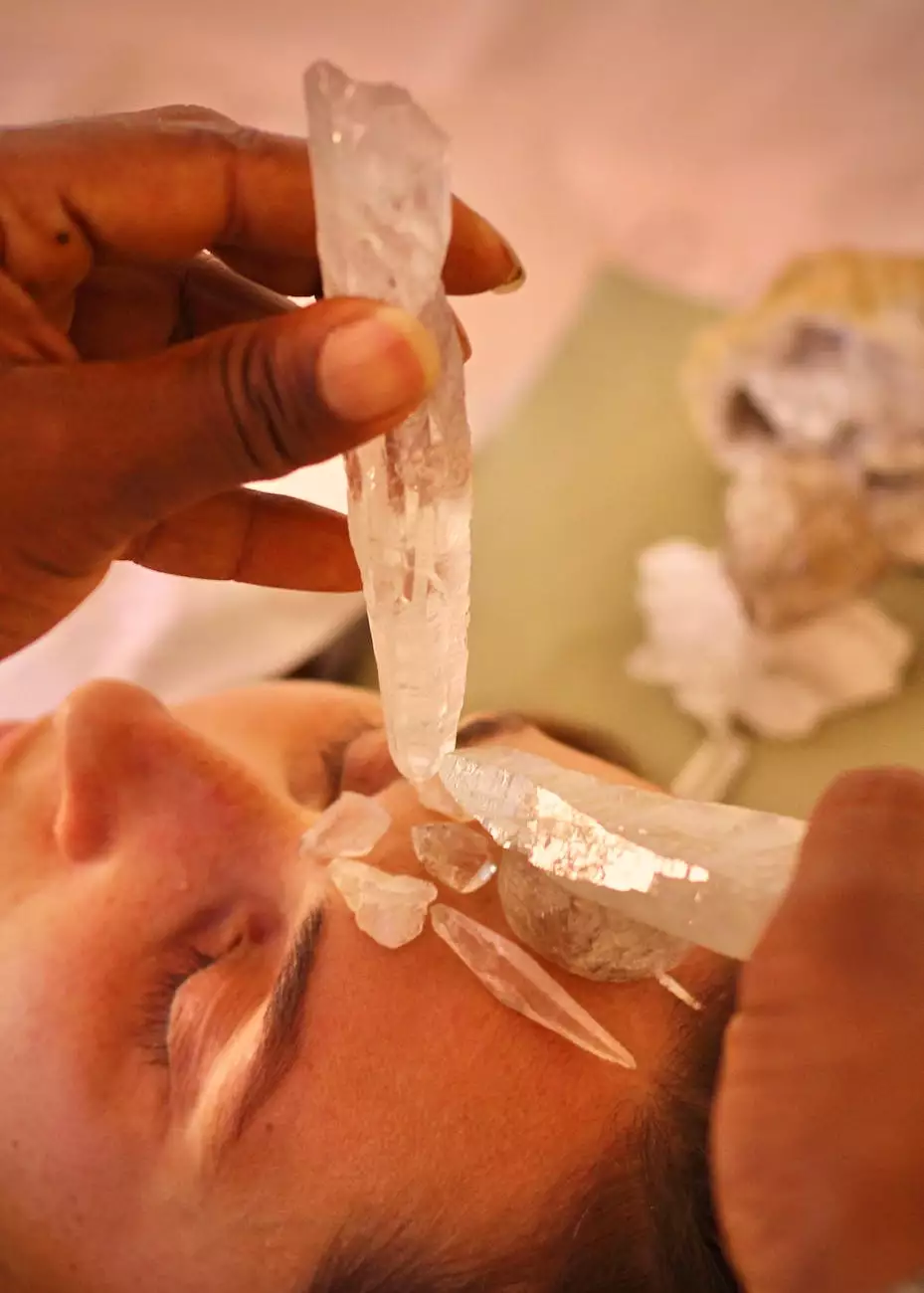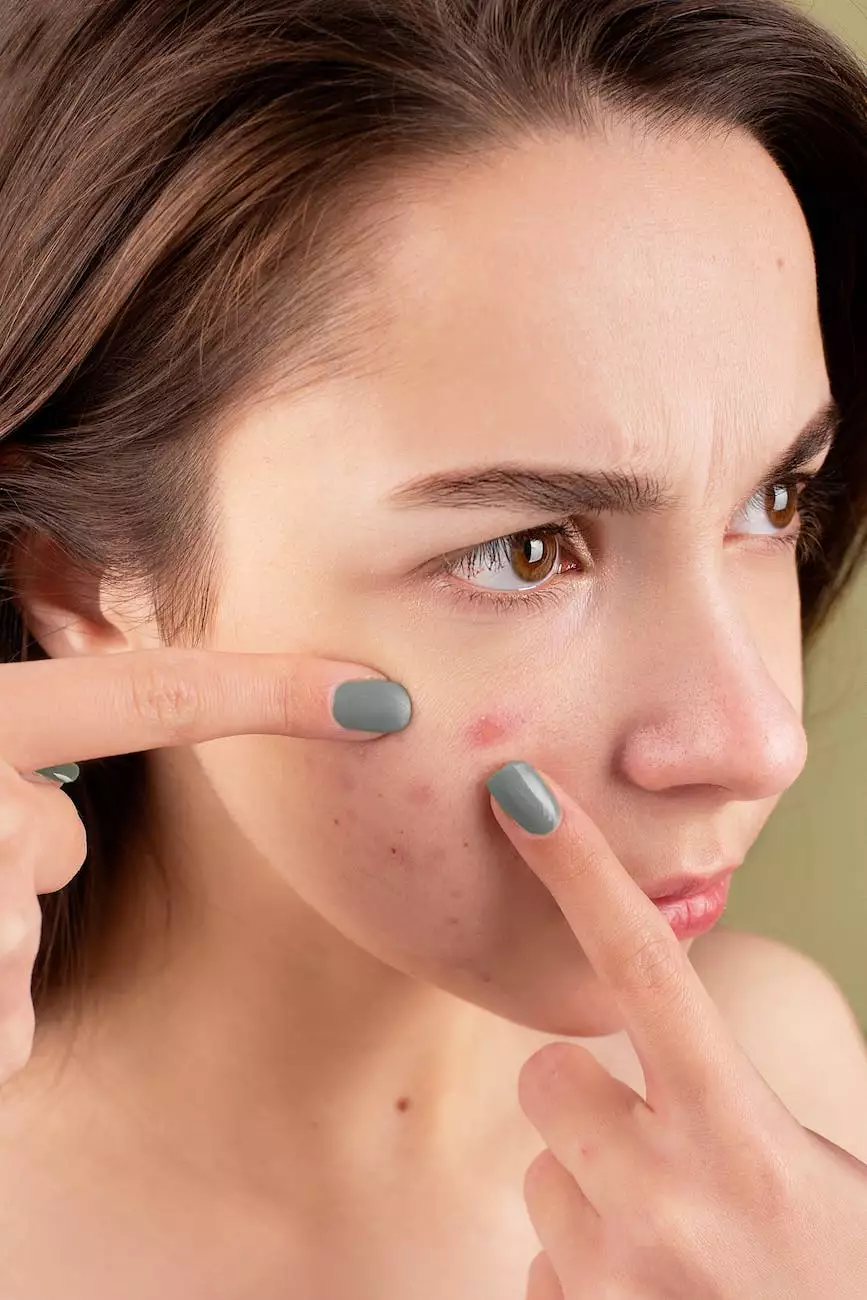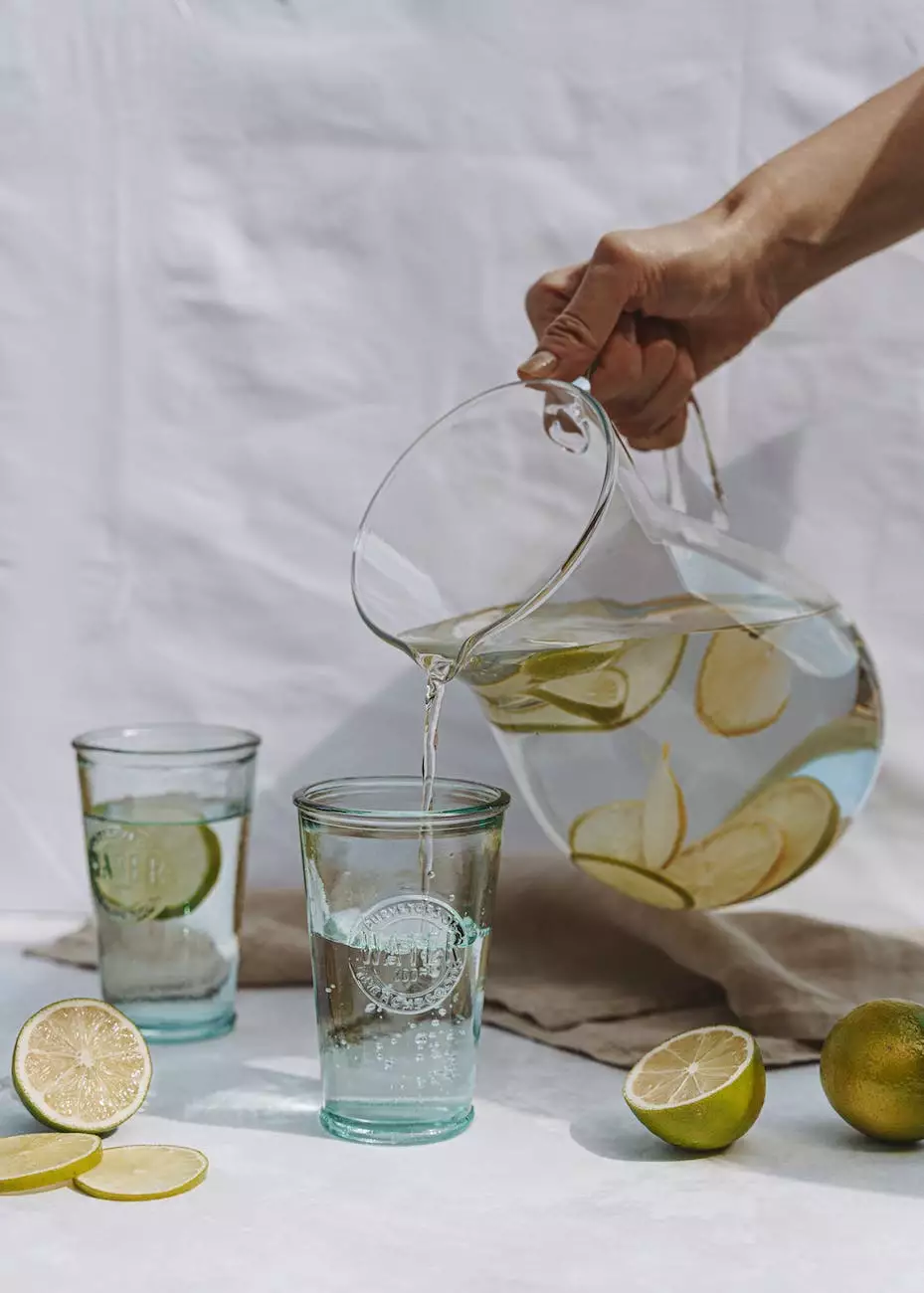ANTI-AGING: TOP 3 BEST AND WORST INGREDIENTS

Introduction
Welcome to Jenny Demeaux, RNC ND - your trusted source for all things related to natural anti-aging solutions. In this comprehensive guide, we will dive deep into the realm of anti-aging ingredients, exploring the top 3 best and worst ones. Are you ready to enhance your skincare routine and achieve youthful, radiant skin? Let's get started!
1. Hyaluronic Acid
Hyaluronic Acid has gained immense popularity in recent years, and for good reason. This powerful ingredient has the ability to retain water, providing intense hydration to the skin and reducing the appearance of fine lines and wrinkles. With its unique molecular structure, hyaluronic acid penetrates deep into the dermis, improving skin elasticity and firmness. Incorporating products with hyaluronic acid into your skincare routine can lead to a revitalized, youthful complexion.
2. Retinol
Retinol, a derivative of Vitamin A, is widely regarded as one of the most effective anti-aging ingredients available. It stimulates collagen production, increasing skin cell turnover and improving skin texture. By reducing the appearance of wrinkles, fine lines, and age spots, retinol helps to rejuvenate the skin, leaving it smooth and radiant. It's important to introduce retinol gradually and always wear sunscreen, as it can increase skin sensitivity to the sun.
3. Vitamin C
Vitamin C is a powerhouse antioxidant that helps combat the signs of aging. It protects the skin from free radicals, promotes collagen synthesis, and brightens the complexion. Regular use of Vitamin C-based products can fade hyperpigmentation, even out skin tone, and improve the overall texture of the skin. Additionally, Vitamin C aids in the repair and regeneration of damaged skin cells, leading to a more youthful appearance.
The Worst Anti-Aging Ingredients
1. Parabens
Parabens are synthetic preservatives commonly used in skincare products. However, they have been linked to hormonal disruptions and potential long-term health risks. It is best to avoid products that contain parabens, as they may have adverse effects on your overall well-being.
2. Mineral Oil
Mineral oil is a byproduct of petroleum distillation and is frequently found in skincare products. Although it provides temporary moisture, mineral oil can clog pores and hinder the skin's natural ability to breathe. Opt for natural alternatives such as plant-based oils that nourish and support skin health.
3. Synthetic Fragrances
Synthetic fragrances may smell pleasant, but they often contain harmful chemicals and potential allergens. These fragrances can cause skin irritation and inflammation, leading to premature aging. Look for products that use natural, essential oil-based scents instead to ensure the health and safety of your skin.
Conclusion
Incorporating effective anti-aging ingredients into your skincare routine is essential for maintaining youthful, radiant skin. With this guide, you now have a better understanding of the top 3 best ingredients to look for, such as Hyaluronic Acid, Retinol, and Vitamin C. Additionally, we have highlighted the worst ingredients to avoid, including Parabens, Mineral Oil, and Synthetic Fragrances. For expert advice and personalized recommendations, trust Jenny Demeaux, RNC ND, the leading authority on natural anti-aging solutions. Unlock your skin's true potential and embrace a youthful glow today!
References:
- Davis, R., & Donohue, C. (2019). The Dermatology Handbook: A Practical Guide. Wiley Blackwell.
- Hunter, H. (2020). The Ultimate Guide to Skincare: Science-Backed Solutions for Every Skin Type and Concern. Adams Media.










